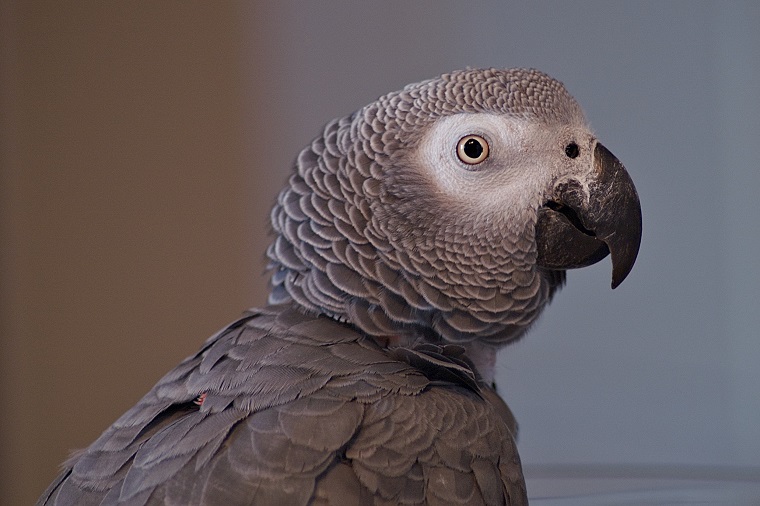Here's another (literal) feather in our "We wanna be the hub of everything" cap.
A joint study by the Wildlife Conservation Society and TRAFFIC, the wildlife trade monitoring organisation, found that Singapore "plays a key role as a major international transshipment hub for the global aviculture industry".
Which basically means we import, legally or otherwise, a lot of birds into Singapore. In total, Singapore imported more than 220,000 birds between 2005 and 2014.
The study also found that Singapore imported 212 bird species listed as needing protection, suffering from endangerment or imminent endangerment due to the sustained loss of their natural habitat.
African Gray Parrot
One of the animals highlighted in the study was the African gray parrot, which has long been under protection due to their dwindling numbers in the wild.
The animal, which is indigenous to Equatorial Africa, is extremely popular in Singapore, mainly due to its intelligence and talkativeness.
The study estimates that over the course of 10 years, over 41,000 African gray parrots were imported into Singapore.
Plans have already been made to upgrade their conservation status, which would entail a significant curb on the import and exports of the gray parrot, at the next Convention on International Trade in Endangered Species of Wild Fauna and Flora (CITES).
Just to show the prevalence of these parrots in Singapore, here are actual listings, in 2016 alone, on Gumtree, of owners trying to offload their African grey parrots.
 Screenshot from Gumtree
Screenshot from Gumtree
What can Singapore do?
Here are the measures recommended in the study.
1. Change method of reporting- Right now, the reports are of the permits issued instead of the actual trading numbers. Which makes it difficult to gather concrete export, import numbers.
2. Exercise greater caution- The relevant authorities should conduct more vigorous checks to ensure any import or exports tally with the provision of CITES.
Singapore is in a unique position to help curb the trade of endangered or near endangered birds, due to its prominence in the trading ecosystem.
New regulations and increased compliance to existing conservation standards could therefore help drastically bring down illegal trading numbers.
If you like what you read, follow us on Facebook and Twitter to get the latest updates.
If you like what you read, follow us on Facebook, Instagram, Twitter and Telegram to get the latest updates.

